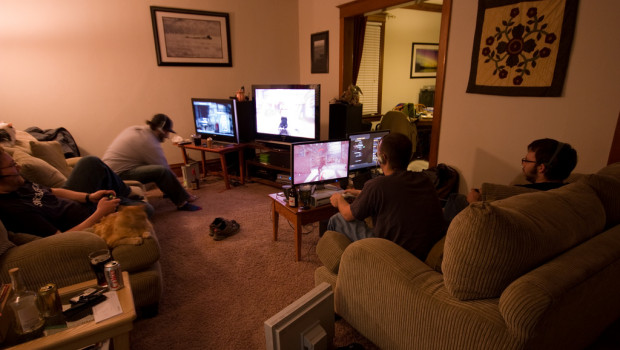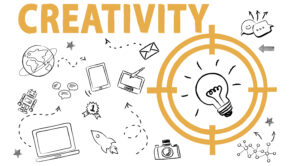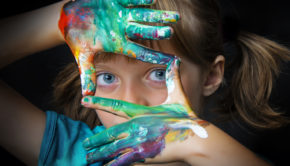How ethical gaming can promote peace and creativity?
If you think that all video games are about war, cars, crime, and medieval fantasy, then think again. Those are certainly popular segments of this enormous international industry, but there is more to video games than that. Some people think that video games can also be a force for good. That’s right, there are games that can actually promote peace and creativity.

How can video games be used for good?
Ten years ago, tech executive and game developer Asi Burak made a video game with the goal of helping people involved in the Israel-Palestine dispute to understand the other party’s point of view, or perhaps even empathize with them. While it didn’t lead to peace in the Middle East, the concept of using video games for positive purposes definitely caught on.
Burak is the founder of the Games for Change Festival, which promotes the concept of positive video games. They are teaming up with the Tribeca Film Festival in New York City this year, in an effort to show that video games can be good. Burak said that people know games are powerful, but they think all video games are violent, childish and shallow. They are concerned about the power of games to drive addiction or encourage violence, but don’t realize that games can also be used for good. He cites Minecraft as a positive videogame, which allows for great creativity, and is more engaging than simply watching television.
Gamers of all ages
The audience for videogames has diversified over the last decade. Gamers are not all teenage boys. A decade ago, the average age of gamers was 20 years old. Today, those gamers have grown up and are still interested in playing. The average age now is 30. It’s not all men, either. There are women playing video games, too. There are even video games designed for seniors, with a goal of helping to slow the decline of mental functions.
As a whole, the world’s population now spends a billion hours playing video games each day. That is an astonishing figure, and is an increase of over 50% compared with three years ago. Some research studies have been done that show a wide variety of positive effects from gaming. These include greater creativity, improved focus and attention, and a better ability to deal with fear and anger.
Games can change the world for the better
The New York festival brings together game developers from leading companies, as well as thought leaders in the field. One author at the festival is Jane McGonigal, who wrote a book about how games can change the world for the better. Her concept is that games could be used to help us tackle both individual problems (such as obesity and depression), and societal problems (like climate change and hunger). She also created a game called SuperBetter, which is a health improvement game.
McGonigal thinks that gaming can be effective in changing people’s attitudes, thoughts, actions and feelings in ways that go beyond other mediums. She also feels that as virtual reality technology improves, it could further enhance the ability of games to be forces for good. She cites a virtual reality game from Georgia University, where players are in a virtual forest, and have to chop down trees with their virtual chainsaw. As they do, the birds stop singing and the forest becomes silent. She said that this changed people’s behavior. One 2-minute virtual reality session led people to use 25% less paper products for an entire week.
What’s your take on ethical gaming? Do you think there are video games out there meant to make people become better human beings?
Author Bio:
The article is written by Christopher Austin, a blogger and a loving father. His son’s favorite site to play games is Escape Games 365. He also enjoys playing with him whenever he gets time.















